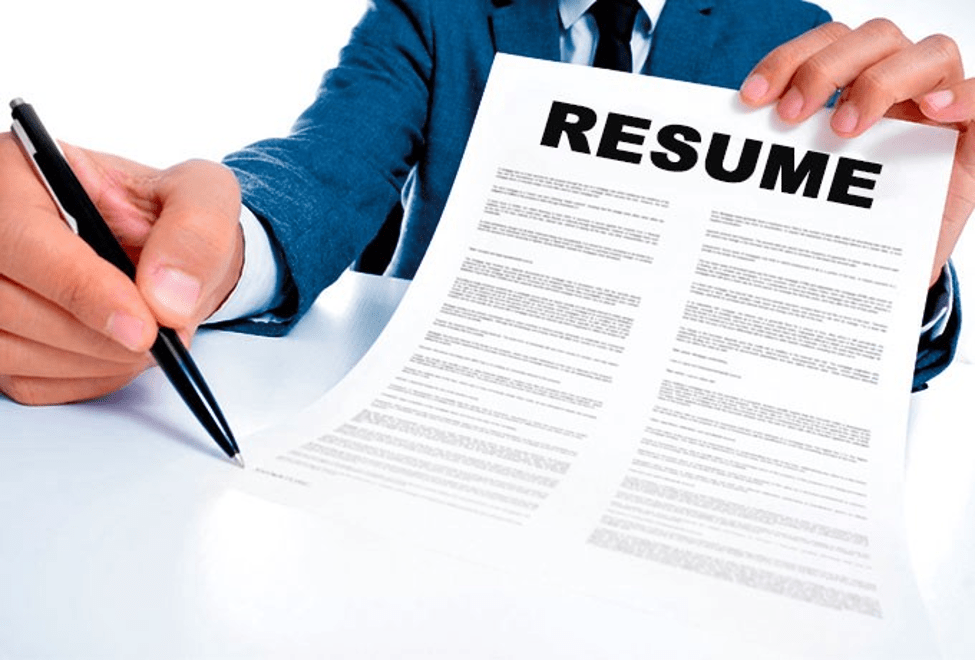Did you know that taking a glide year has become more and more common in recent years? In fact, 92% of applicants from Sarah Lawrence and 73.2% of all matriculants to medical school (based on the AAMC 2024 Matriculating Student Questionnaire) took at least one year off between undergraduate and medical school. Another fun fact: The median age of an entering medical student is 23 years old! So, while this was quite uncommon 30 years ago, times have certainly changed!
What is a Glide Year?
A glide year, also commonly referred to as a "gap" or "bridge" year, is a gap of time between completing your undergraduate degree and matriculating into health professional school. A glide year can be for anyone going into any field; however, it has become extremely common for those applying to health professional programs. In fact, where ~ten years ago these applicants were referred to as "nontraditional" applicants, now this has become the more "traditional" path
What To Do During a Glide Year?
There are so many different things that you can do during your time off, and there is no one right answer about what to do with this time.
In a future QofW, we will explore common options/ideas of what you can do during your glide year/s. We will discuss common factors to consider when determining if a glide year is right for you. And we will discuss what decisions may be helpful to make early on in your planning and preparation process. So, stay tuned for Part II.
If you need help determining if a glide year(s) is right for you, or any other related questions, schedule a meeting with Dean Melinda Perlo Cohen.

Glide Year or Years?
Often, when people think of a glide year, they assume that it means taking only one year off between undergrad and grad school. But in fact, many applicants take two or more years off. In fact, some job opportunities, especially research/clinical research positions, require a minimum 2 years commitment. So for those seeking these types of opportunities, its is advantageous to take multiple glide years.
As with so many factors in the application process, there is no set amount of time for all; rather its determining the "right" amount of time for you!

$$$ Money: Many people use their glide year/s as a time to earn and save money to fund their graduate education. Saving money during this time can be extremely helpful for your years in graduate school when you won't be able to work. As such, getting a job to earn money is a common reason applicants take a glide year(s).
By the way, it's never too early to begin educating yourself about grad school finances. Check out the AAMC's FIRST resources and tools to learn more.

Time: As simple as it may sound, many applicants need more time! With the increasing prerequisite courses, required experiences and/or clinical hours, and a very competitive applicant pool, often applicants need more time to develop a really strong application. Not to mention, it can be pretty overwhelming to study for your entrance exam, apply, and interview all while being a full time student. Therefore, many applicants choose to stretch out their timeline and take a gap year so they can study for the MCAT in the summer prior to their senior year or application year. Then they can better balance school while completing their applications.

Strengthening Your Portfolio: A common reason that one may choose to take a glide year is to fill a large gap on their resume and/or address weaknesses in an application. This may be academic weaknesses (e.g. low GPA) or experiential deficits (e.g. lacking patient-centered clinical experience). It is no secret that It is hard to juggle being a full time prehealth students completing the prerequisite courses and engaged in research, clinical, and community experiences while also pursuing hobbies and maintaining a healthy, balanced lifestyle throughout college. Many applicants realize they will benefit from taking a glide year(s) to address a deficit or weakness in their application to be as strong an applicant as they can be.

Avoiding Burnout: Another important and often overlooked reason to consider a glide year is to avoid burnout! You have just worked extremely hard for 4 years in college with many more years of schooling prior. It is completely okay to need a break to rejuvenate before going back to school. And guess what? Your clinical training is a long road with very minimal breaks along the way. So taking some time away from the demands of school can be quite refreshing!
The glide year is a fantastic time to explore something you wont have the time to do once you begin your clinical training- Explore old or new hobbies, live in a new place, travel, and more. You deserve to take time to yourself before heading back to school!